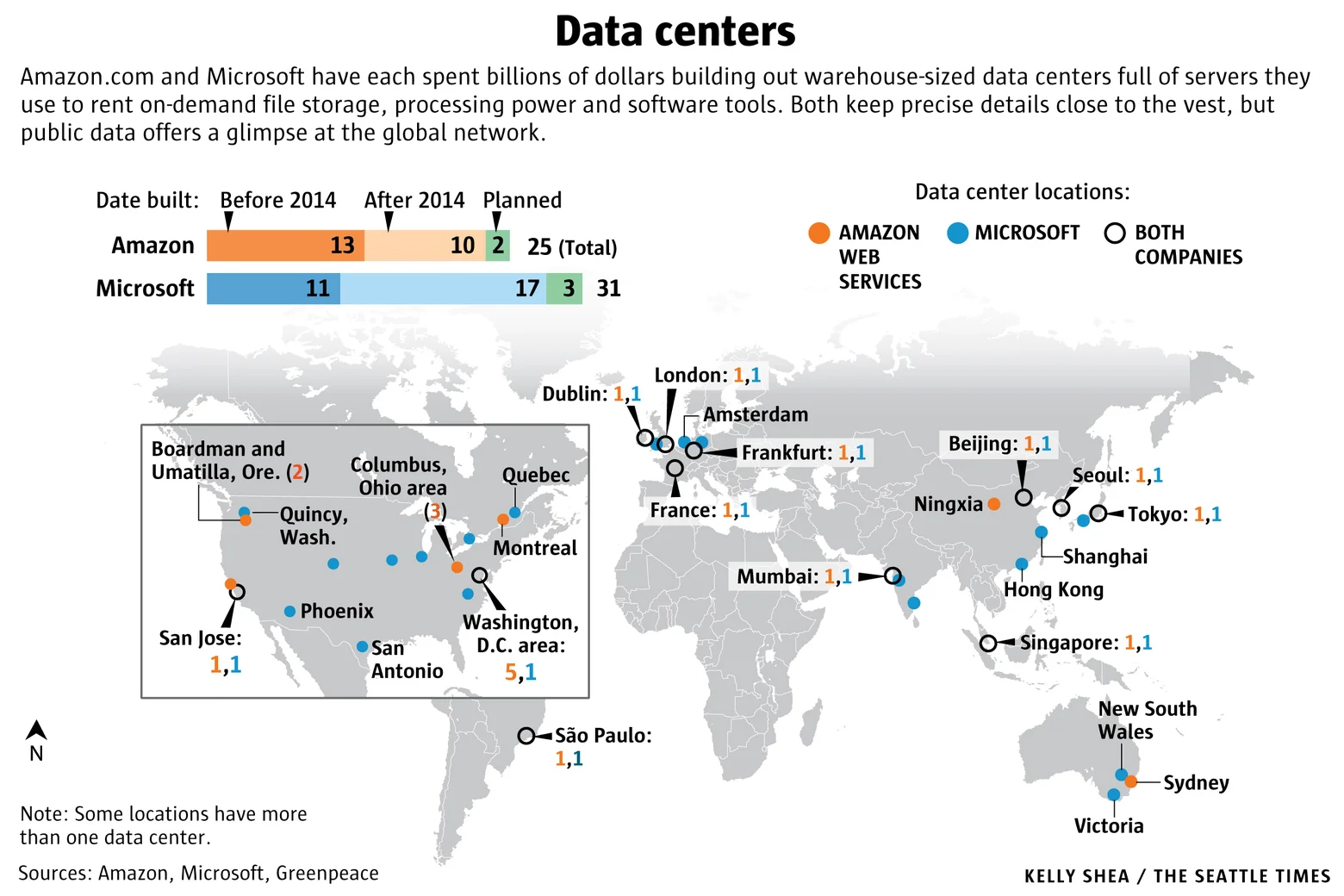Janakiram MSV has a nice post on Forbes explaining Google’s Anthos. Janakarim starts off with a description of the current state which I totally agree with.
Despite the extensive coverage at Google Cloud Next and, of course, the general availability, the Anthos announcement was confusing. The documentation is sparse, and the service is not fully integrated with the self-service console. Except for the hybrid connectivity and multi-cloud application deployment, not much is known about this new technology from Google.
What is Google’s strategy?
The core theme of Anthos is application modernization. Google envisages a future where all enterprise applications will run on Kubernetes.
…
With Anthos, Google wants all your contemporary microservices-based applications (greenfield) in Kubernetes while migrating existing VMs (brownfield) to containers. Applications running in non-x86 architecture and legacy apps will continue to run either in physical or virtual machines.
How does Google Anthos relate to AWS and Azure?
Anthos is a bold move from Google. It is taking a calculated risk in moving away from the clichéd hybrid cloud narrative that its competitors are using to lure enterprises. Anthos is bound to be compared with Microsoft Azure Stack and AWS hybrid story consisting of VMware and Outposts. The fundamental difference between Google and the rest lies in the technology foundation strongly rooted in containers and Kubernetes.
Janakiram did a nice job of putting into one post that can be so hard to figure out what Anthos is.

